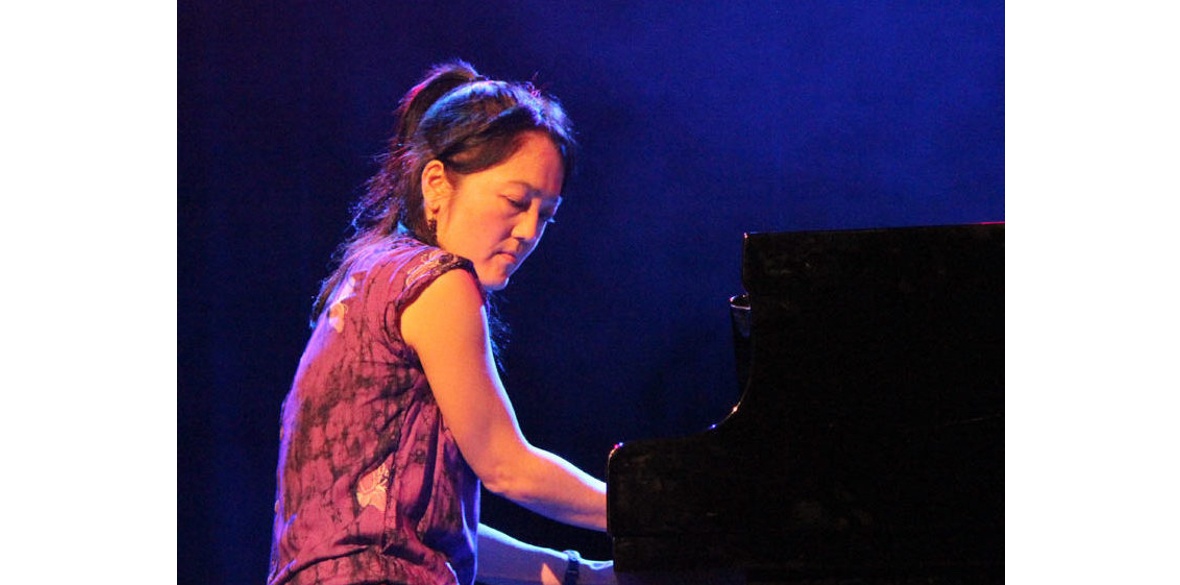This is the last article you can read this month
You can read more article this month
You can read more articles this month
Sorry your limit is up for this month
Reset on:
Please help support the Morning Star by subscribing here
COSMOPOLITAN to her very musical core, pianist Makiko Hirabayashi was born in Tokyo in 1966. Her mother was a pianist and English teacher and her father worked in the motor industry.
They moved to Hong Kong, where Hirabayashi spent her teenage years imbibing electropop, new wave, punk, reggae, rock and the classics before gaining a scholarship to Berklee jazz conservatoire, where she became fascinated by Boston’s live music scene and was inspired by pianists Keith Jarrett, McCoy Tyner and Joe Zawinul.
She moved to Copenhagen and became invigorated by the Nordic tone and mood of Scandinavian jazz, which, she says, “has a lot to do with nature — the light, colours and climate.”
In 2001, she formed her trio with Danish bassist Klavs Hovman and New York-born drummer of African-American and Polish descent Marilyn Mazur, who played with Miles Davis in his latter years and on his epochal 1985 album Aura.
“I knew by instinct that Marilyn would be perfect for my music since I heard her in the early 1990s,” Hirabayashi says.
The trio’s album with guest trumpeter Jakob Buchanan Where the Sea Breaks is a beautiful essay in musical cohesion. “We are like one living organism,” Hirabayashi explains. “Marilyn is a drummer who doesn’t ‘comp’ but plays with you all the time.
“So we have a strong language together that we tell stories with and we explore different soundscapes, enriching our language.”
The most powerful sonic narrative is the haunting Once Upon the Sea, referencing the 2011 Fukushima tsunami and the human tragedies that followed. The trio’s empathy and grief brings to mind Bessie Smith’s blues of the Mississippi floods Backwater Blues or Terence Blanchard’s requiem for New Orleans after Hurricane Katrina.
“Writing this tune was a very emotional process and a necessary thing to do,” Hirabayashi muses. “I felt the sense of helplessness, emptiness and anguish and playing it always brings me back to the time I wrote it and reminds me of Fukushima’s agonising aftermath that its people still struggle with today.”
But there is also a subliminal sense of hope and optimism about the album, manifest in Makiko’s ever-inventive technique, Holman’s plunging bass, Mazur’s teeming bells, cymbals and drums and the deep-rooted universalism of the trio’s music on tracks like Mazur’s Horizontal Dream or the beautiful brevity of the closing tune Scherzo for Blue.
Hirabayashi’s trio, in a time of resurgent racism right across Europe, evidences a determination to resist it. “We are all different colours,” Hirabayashi declares, “and by creating music together and sticking together for so long, we prove that by mixing together we can create something very powerful.”
Where the Sea Breaks is released on Yellowbird.











